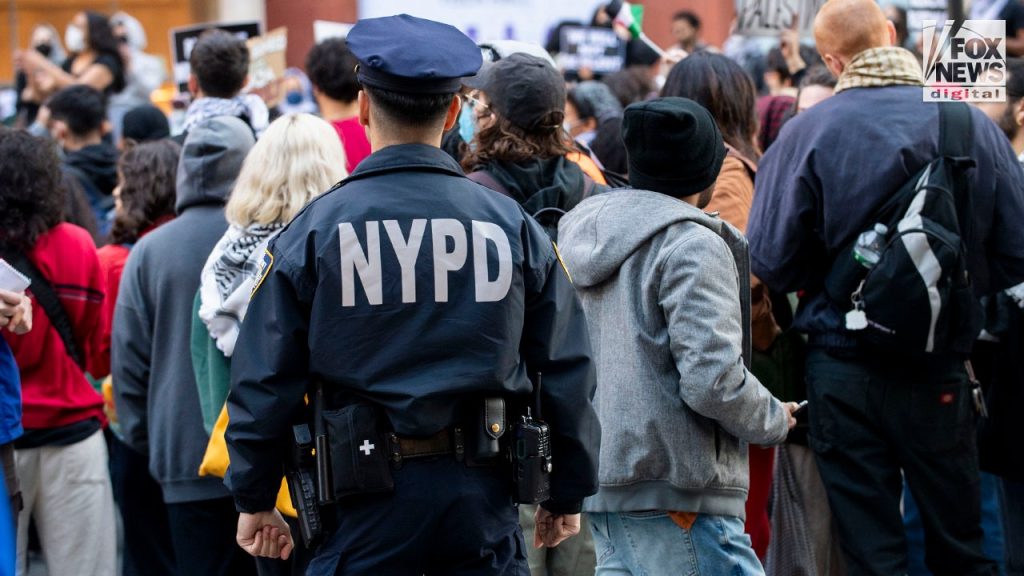The Israeli consulate in New York City has expressed deep concern over the recent rise in anti-Semitic incidents at schools in the area, particularly at institutions such as Columbia University and New York University. The consulate condemned these acts as infringing on free speech principles and called for institutional leaders to address and correct these behaviors. The consulate emphasized the importance of ensuring a safe educational environment for all students, regardless of their background, and urged relevant authorities and institutions to take necessary steps to prevent discrimination on campus.
In response to anti-Israel protests at New York University’s campus, where demonstrators reportedly hurled bottles at police officers, 133 protesters were arrested by the NYPD. The demonstrators were charged with trespassing and removed from campus for their unruly behavior. The consulate expressed trust that the relevant authorities and institutions would take the necessary steps to address and prevent any form of discrimination within educational settings. These incidents highlight the ongoing challenges faced by Jewish, Israeli, and pro-Israeli students, who are often targeted and denied a safe environment to pursue their education.
At Columbia University, classes were shifted to virtual or hybrid formats due to ongoing safety concerns stemming from anti-Israel protests. The school’s Provost Angela Olinto emphasized the importance of prioritizing safety while supporting students’ learning and academic operations. The decision to move courses to hybrid learning was made to ensure that teaching and learning can continue amidst the disruptions caused by the protests. These measures are aimed at safeguarding the well-being of students and faculty members during this challenging time at the university.
The Israeli consulate’s condemnation of the recent rise in anti-Semitic incidents at schools in New York City underscores the urgency of addressing discrimination and hate speech within academic environments. The consulate called for institutional leaders to urgently tackle these behaviors and ensure the safety and well-being of all students, regardless of their background. The violent turn of anti-Israel protests at New York University’s campus, where protesters clashed with police officers, resulted in numerous arrests and charges of trespassing. These incidents highlight the need for authorities and institutions to take proactive measures to prevent such incidents from occurring in the future.
The Israeli consulate’s statement emphasized the importance of upholding free speech principles while condemning acts of hate and discrimination against Jewish, Israeli, and pro-Israeli students. The consulate’s call for institutional leaders to address and correct these behaviors reflects a commitment to promoting a safe educational environment for all students. The decision to shift classes to virtual or hybrid formats at Columbia University due to safety concerns arising from anti-Israel protests demonstrates the impact of these incidents on educational operations. By prioritizing safety and supporting students’ learning, academic institutions can navigate the challenges posed by incidents of hate and discrimination on campus.
In conclusion, the recent rise in anti-Semitic incidents at schools such as Columbia University and New York University highlights the ongoing challenges faced by Jewish, Israeli, and pro-Israeli students in academic settings. The Israeli consulate’s condemnation of these incidents underscores the importance of addressing hate speech and discrimination within educational environments. The violent turn of anti-Israel protests at New York University’s campus, resulting in multiple arrests, serves as a stark reminder of the need for authorities and institutions to take proactive measures to prevent such incidents from occurring in the future. Moving forward, it is crucial for institutional leaders to prioritize the safety and well-being of all students and to promote a culture of respect and inclusivity within academic communities.


